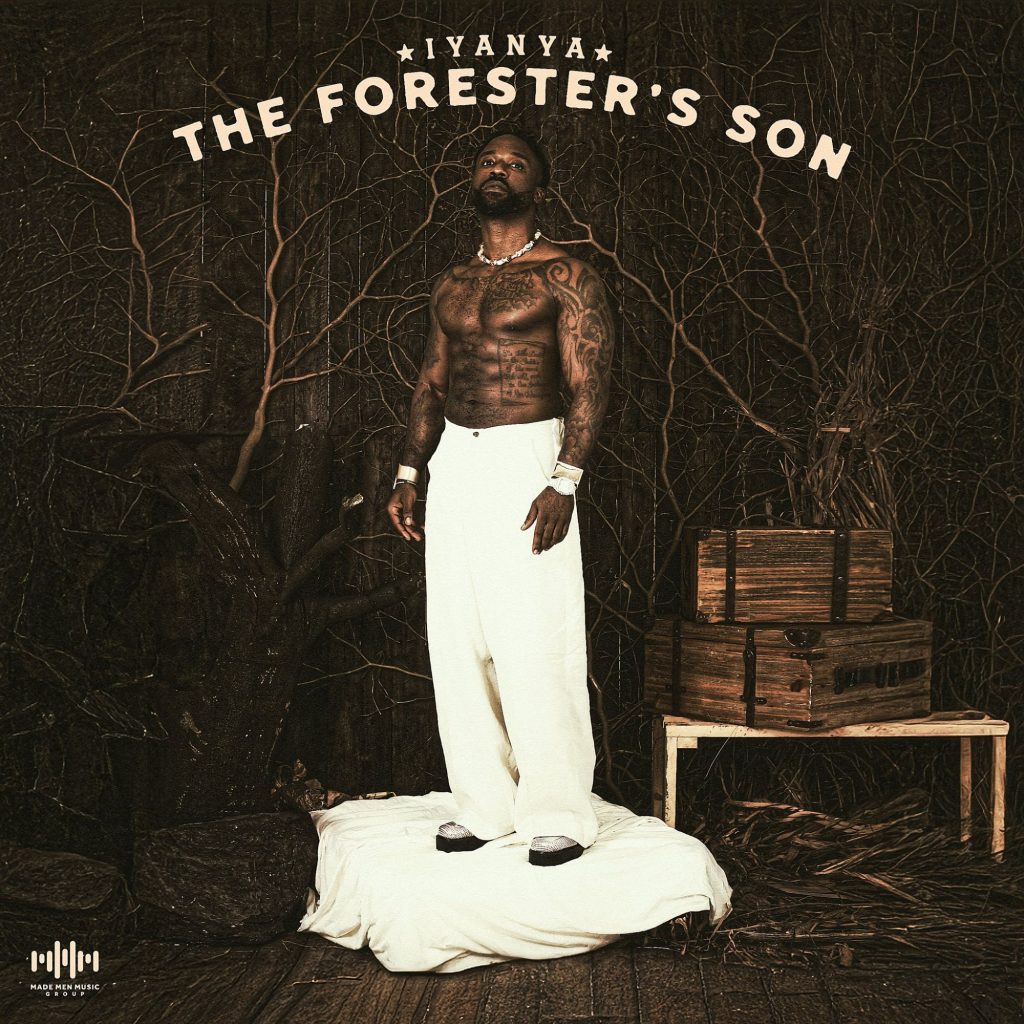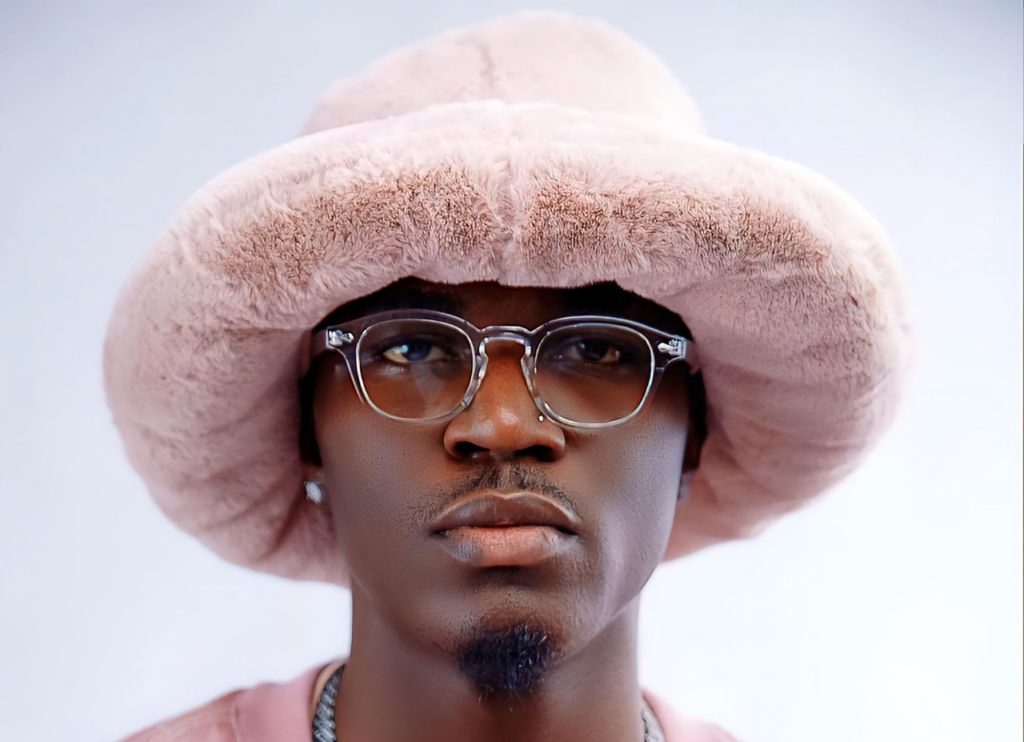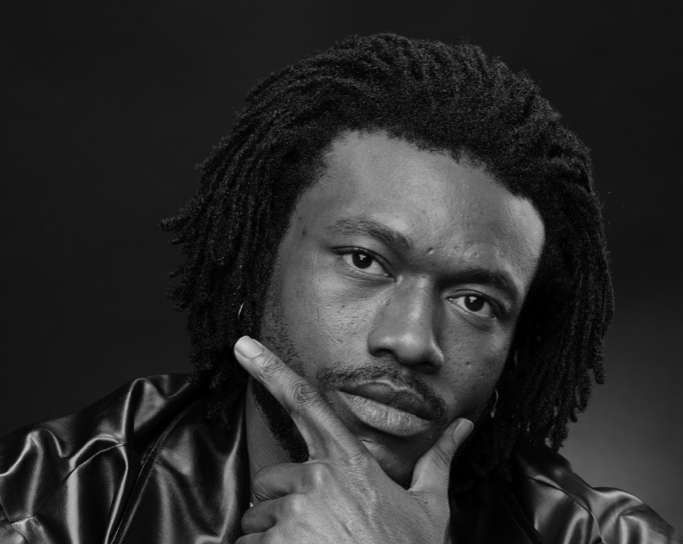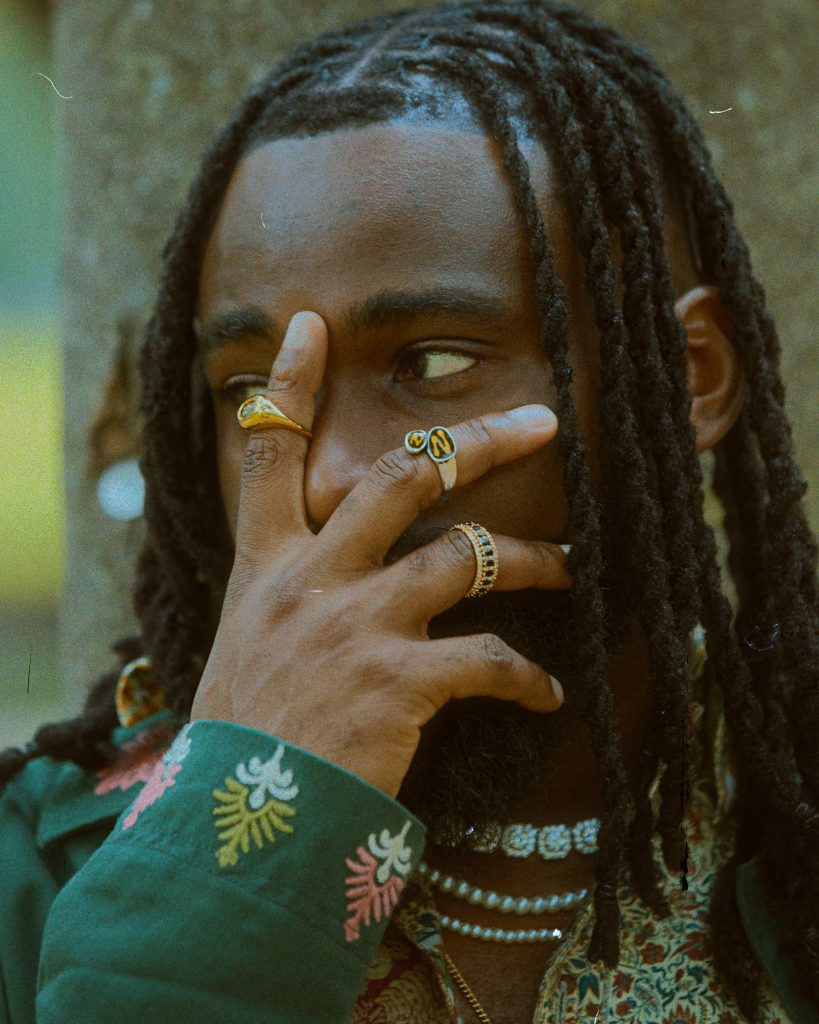Once a cornerstone of Afropop, posse cuts brought together voices, styles, and fanbases, creating a communal experience for listeners.
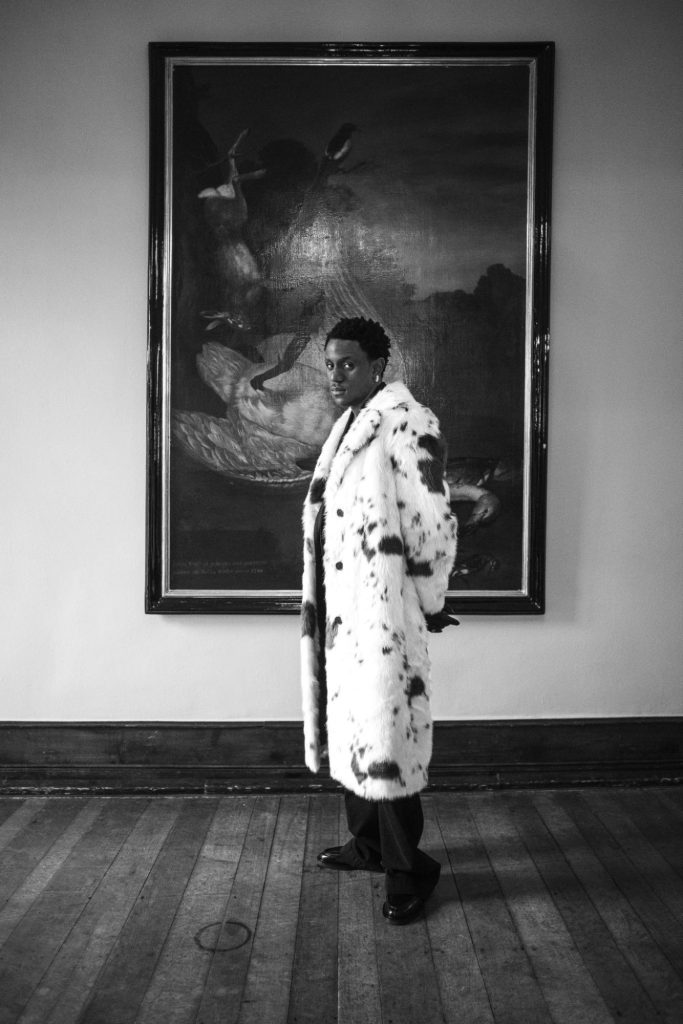
Tracks like Tony Tetuila’s “Omode” Meta featuring Plantashun Boiz, Mo’Hits All Stars’ “Booty Call”, Mavins’ “Dorobucci”, Banky W’s “Lagos Party Remix”, Lynxxx’s “Eziokwu”, and Harrysong’s “Reggae Blues” were defining moments of collective brilliance. More recently, songs like Odunsi the Engine’s “Body Count” and Mavins’ “Overloading” have sought to carry on this tradition, but such releases are now rare gems rather than genre staples.
A standout effort came a year ago with Victony’s Ohema, a modern-day posse cut featuring 14 of Nigeria’s top artists. It rekindled the magic of collaboration, hinting at a potential revival of the art form. However, subsequent posse cuts—like DJ Tunez’s “Apala Disco Remix” with Terry Apala, Seyi Vibez, and Wizkid, or “247” by Seyi Vibez, TML Vibez, and others—remain exceptions in an industry increasingly dominated by solo hits.
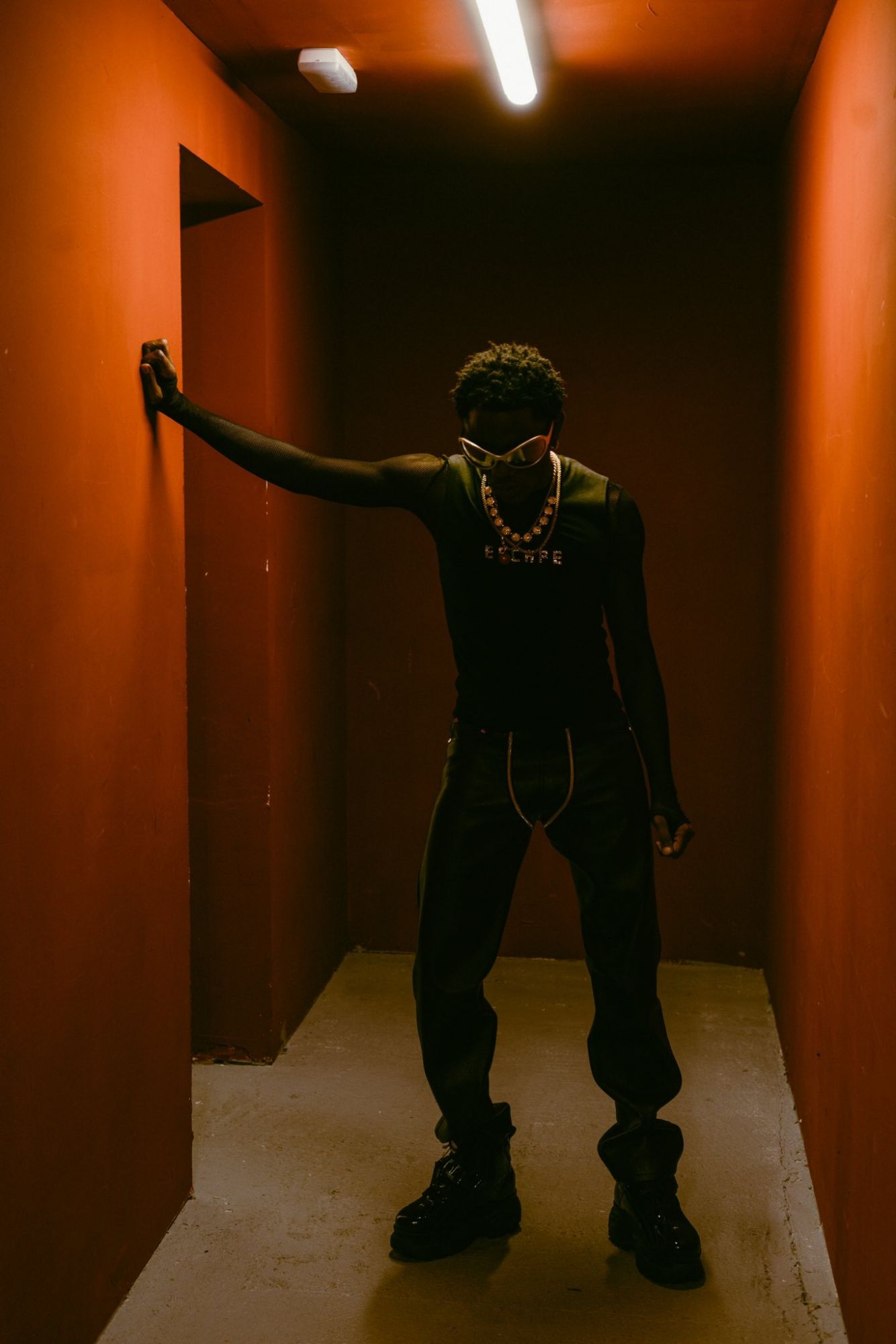
Why Posse Cuts Are Declining
• The Rise of Hustle Culture: Afropop’s global ascent has intensified individual pressures on artists to sustain momentum, leaving little room for the selflessness that posse cuts demand.
• Logistical Challenges: Coordinating schedules, clearing rights, and managing profit splits among multiple artists can be overwhelming. In markets like Nigeria, where revenue streams are still maturing, these challenges can deter collaboration.
• The Fall of Collectives: Groups like Mo’Hits and EME once fostered a culture of collaboration, but their disbandment and the rise of solo-driven labels have made posse cuts less feasible. Only a few, like Mavin and Anti-World Gangsters, continue to uphold the collective spirit.
• Audience Segmentation: Fans are increasingly split between those who prefer short, playlist-friendly hits and others who enjoy longer, narrative-driven tracks. Posse cuts must balance these demands, which can be tricky.
Lessons from Other Genres
Afropop isn’t alone in facing these challenges. Hip-hop has seen successful posse-style projects, like DJ Khaled’s mega-collaborations and Dreamville’s Revenge of the Dreamers series, while K-pop thrives on group dynamics that blend individuality with cohesive branding. These examples show that with robust systems and compelling narratives, posse cuts can succeed.
Reviving the Posse Cut
For posse cuts to regain prominence in Afropop, systemic barriers must be addressed:
• Streamlined Processes: Record labels and producers must simplify collaboration logistics, from revenue-sharing frameworks to cross-label partnerships.
• Creative Leadership: Producers play a vital role in crafting cohesive soundscapes that balance individuality with unity, as seen in the success of Ohema.
Fans, too, have a role to play by championing collaborative tracks and demanding more unity-driven projects from the industry. Posse cuts remind us of the magic that happens when artists come together to create something greater than the sum of their parts.
The potential is there, and the audience is ready. It’s time for Afropop to reintroduce the posse cut—not as a nostalgic throwback, but as a defining feature of the genre’s future.


